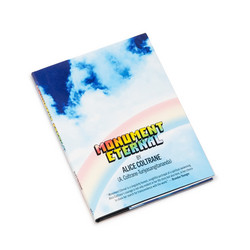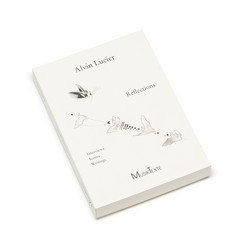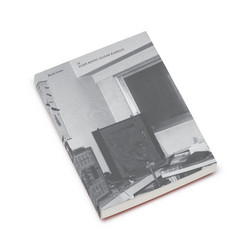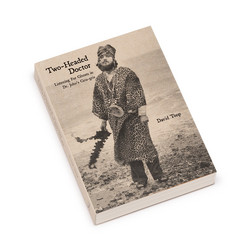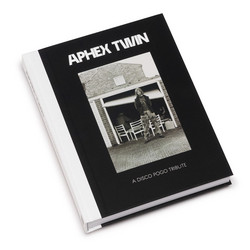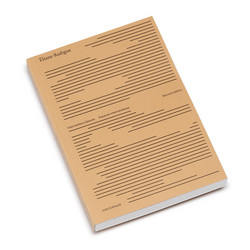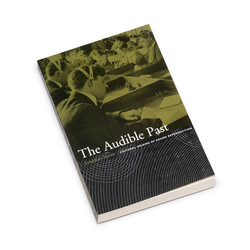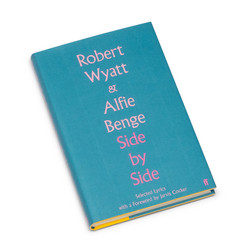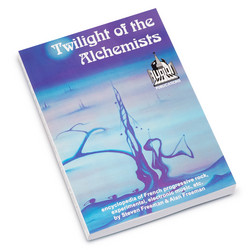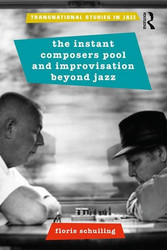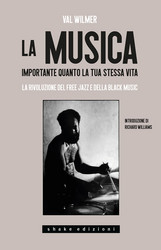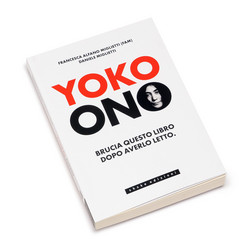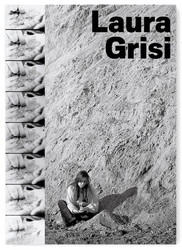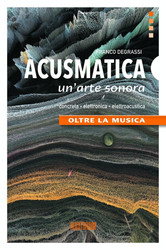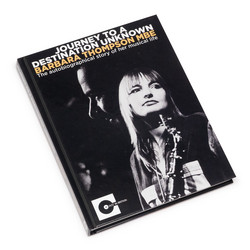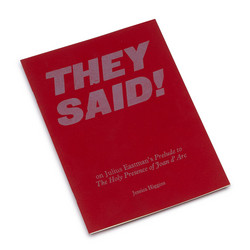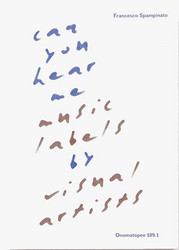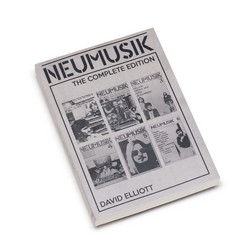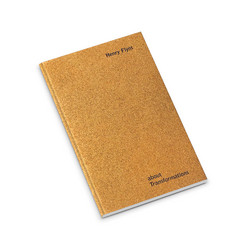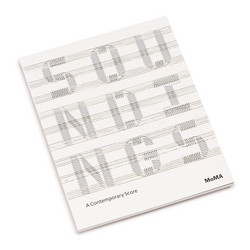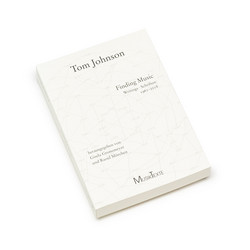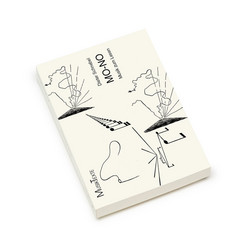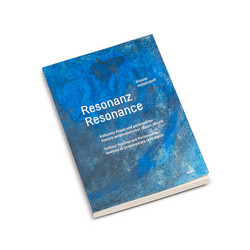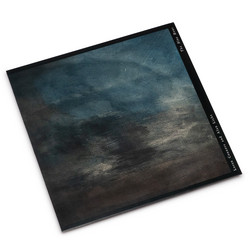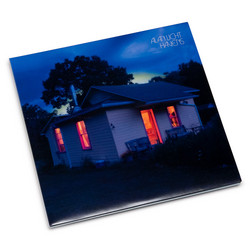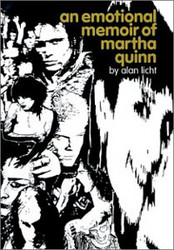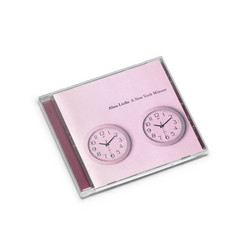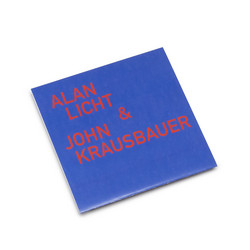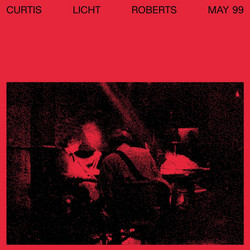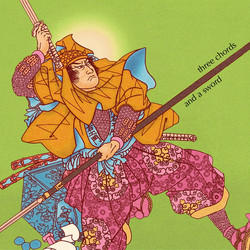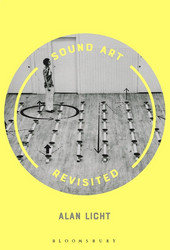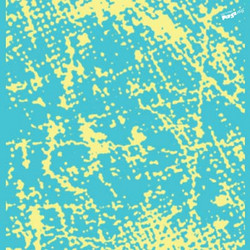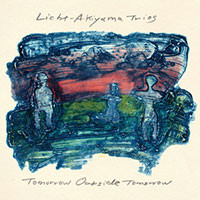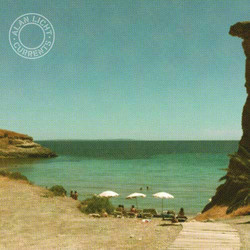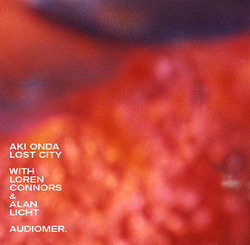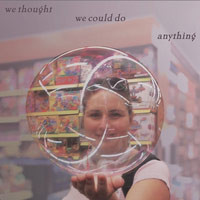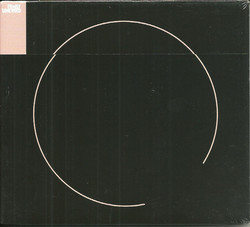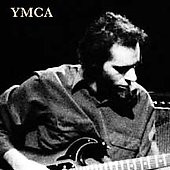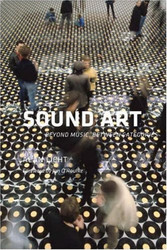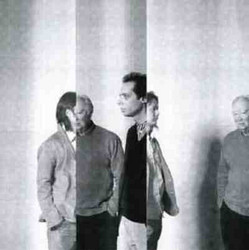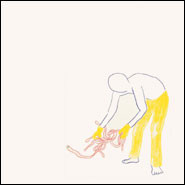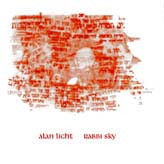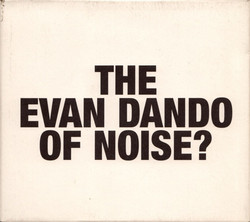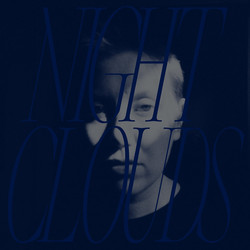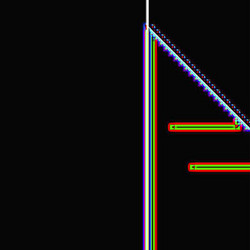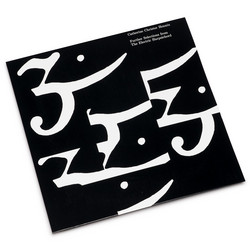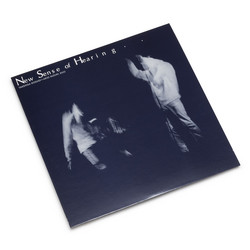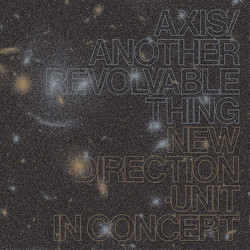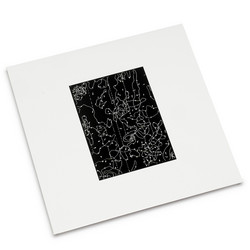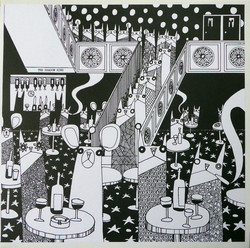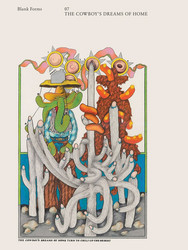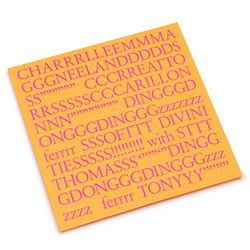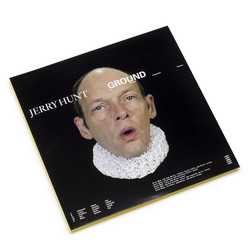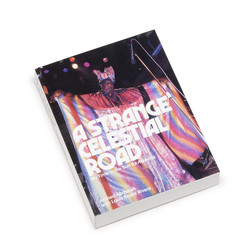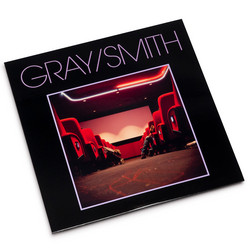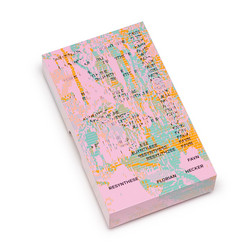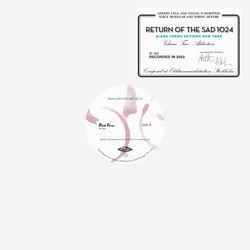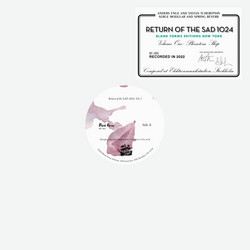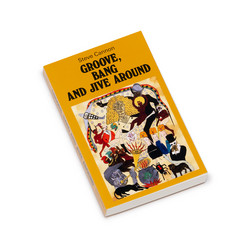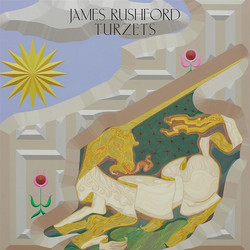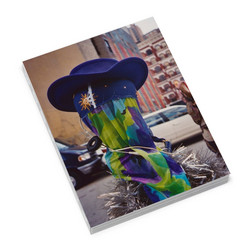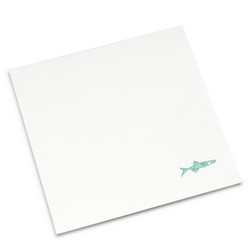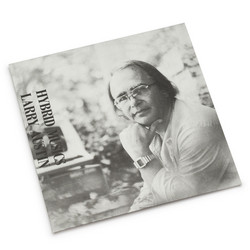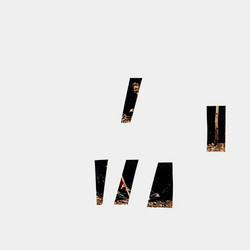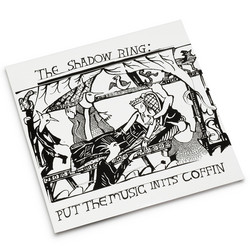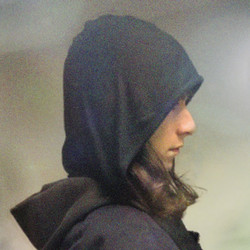Interviews by Alan Licht with Vito Acconci, ANOHNI, Cory Arcangel, Matthew Barney, Glenn Branca, Rhys Chatham, Tony Conrad, the Dream Syndicate’s Karl Precoda, Richard Foreman, Henry Flynt, Milford Graves, Adris Hoyos, Ken Jacobs, Jutta Koether, Christian Marclay, Phill Niblock, Alessandra Novaga, Tony Oursler, Lou Reed, Kelly Reichardt, The Sea and Cake, Suicide, Michael Snow, Greg Tate, Tom Verlaine, Rudy Wurlitzer, and Yo La Tengo’s Georgia Hubley and Ira Kaplan. Introduction by Jay Sanders. For the past thirty years, Alan Licht has been a performer, programmer, and chronicler of New York’s art and music scenes. His dry wit, deep erudition, and unique perspective—informed by decades of experience as a touring and recording guitarist in the worlds of experimental music and underground rock—have distinguished him as the go-to writer for profiles of adventurous artists across genres. A precocious scholar and improvisor, by the time he graduated from Vassar College in 1990 Licht had already authored important articles on minimalist composers La Monte Young, Tony Conrad, and Charlemagne Palestine, and recorded with luminaries such as Rashied Ali and Thurston Moore.
In 1999 he became a regular contributor to the British experimental music magazine the Wire while continuing to publish in a wide array of periodicals, ranging from the artworld glossies to underground fanzines. Common Tones gathers a selection of never-before-published interviews, many conducted during the writing of Licht’s groundbreaking profiles, alongside extended versions of his celebrated conversations with artists, previously untranscribed public and private exchanges, and new dialogues held on the occasion of this collection. Even Lou Reed, a notoriously difficult interviewee, was impressed. Alan Licht is a writer, musician, and curator based in New York City. He is equally known for his guitar work in the underground rock bands Run On and Love Child and in the experimental groups the Blue Humans and Text of Light.
He has released eight solo guitar albums and more than a dozen duo and trio records of improvised music. Licht is a contributing music editor at BOMB magazine and his essays and reviews have appeared in Artforum, Parkett, the Wire, the Believer, Sight & Sound, and many other publications. He is the author of An Emotional Memoir of Martha Quinn, an extended personal essay about coming of age as a rock fan and musician; Sound Art: Beyond Music, Between Categories, the first full-length study of sound installations and sound sculpture to appear in English; and Sound Art Revisited, an updated version of the latter, published last year; and he is a co-author of Will Oldham on Bonnie ‘Prince’ Billy, a collection of interviews with Will Oldham, and Title TK 2010–2014, a compilation of concert transcriptions, with Cory Arcangel and Howie Chen. Jay Sanders is executive director and chief curator of Artists Space, New York.
